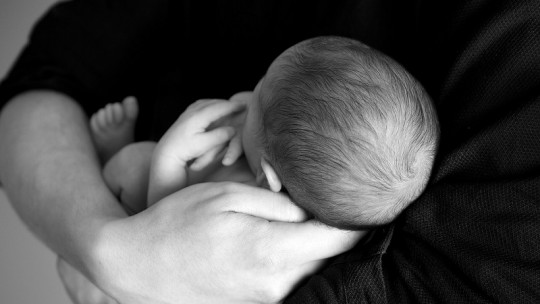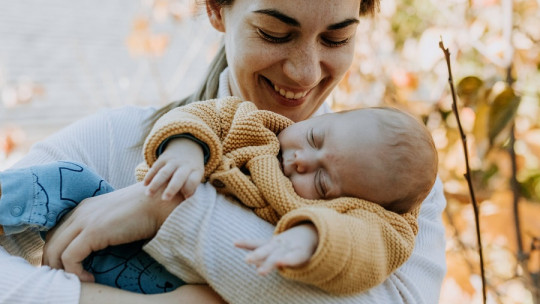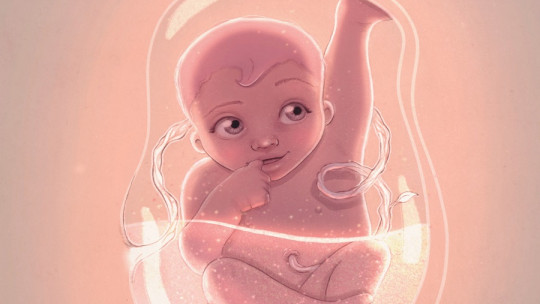
It is usually believed that birth is the moment in which our lives begin as beings capable of gaining autonomy. It is easy to think that the social life of human beings begins when there is no longer a physical separation between us and others. When we are able to breathe the same air, see the same things and look each other in the eyes.
All of this is very intuitive and it even seems natural that this is the case, but it is not true. Long before leaving our mother’s womb we already have the possibility of learn things about the environment in which we will one day live as demonstrated by multiple experiments.
Perception begins even within the womb
It is known that we are capable of recognize the mother’s vocalizations from long before birth This is already an example of learning, since it has to do with knowledge formed through repeated experiences and with a practical purpose (recognizing the person who will take care of us once we are born). In fact, It is recommended that mothers talk to their unborn babies so that from the first moments they have diverse stimuli and can exercise their different skills. However, this phenomenon is just a sample of the many ways in which experience shapes our behavior during pregnancy.
Sound recognition is not limited to the voices of people nearby. It can be extended to other everyday sounds during the months of pregnancy. For example, there is evidence that unborn babies can recognize in the music of television series that his mother usually sees.
In addition, babies are able to not only recognize their mother’s voice, but also her smell. Interestingly, newborns They prefer the smell of sweat if it is that of their mothers Babies a few weeks old react very strongly when exposed to the smell of the amniotic fluid in which they have been wrapped. This fact can give an idea about what is the key that allows us to recognize the mother’s smell in objects that she leaves behind.
Beyond the senses of hearing and smell, the touch It also plays a role in learning during pregnancy. A recent investigation whose results have been published in PLOS ONE shows how fetuses tend to respond to the caresses that the mother performs on her belly by doing something similar with her body. In fact, the babies who were used as a sample responded more intensely to these caresses than to the mother’s voice, and they did so by touching their own chest in a similar way to how another person on the other side of the womb was doing. Investigators believe this is an attempt to communicate with the mother.
Investigations continue
These are some of the conclusions that have been reached experimentally, but it is likely that there are other examples of learning before birth that have not yet been discovered. Taken together, these investigations show that The mother’s womb is as valid an environment as any other to learn even if we do it without even having started our birthday.








